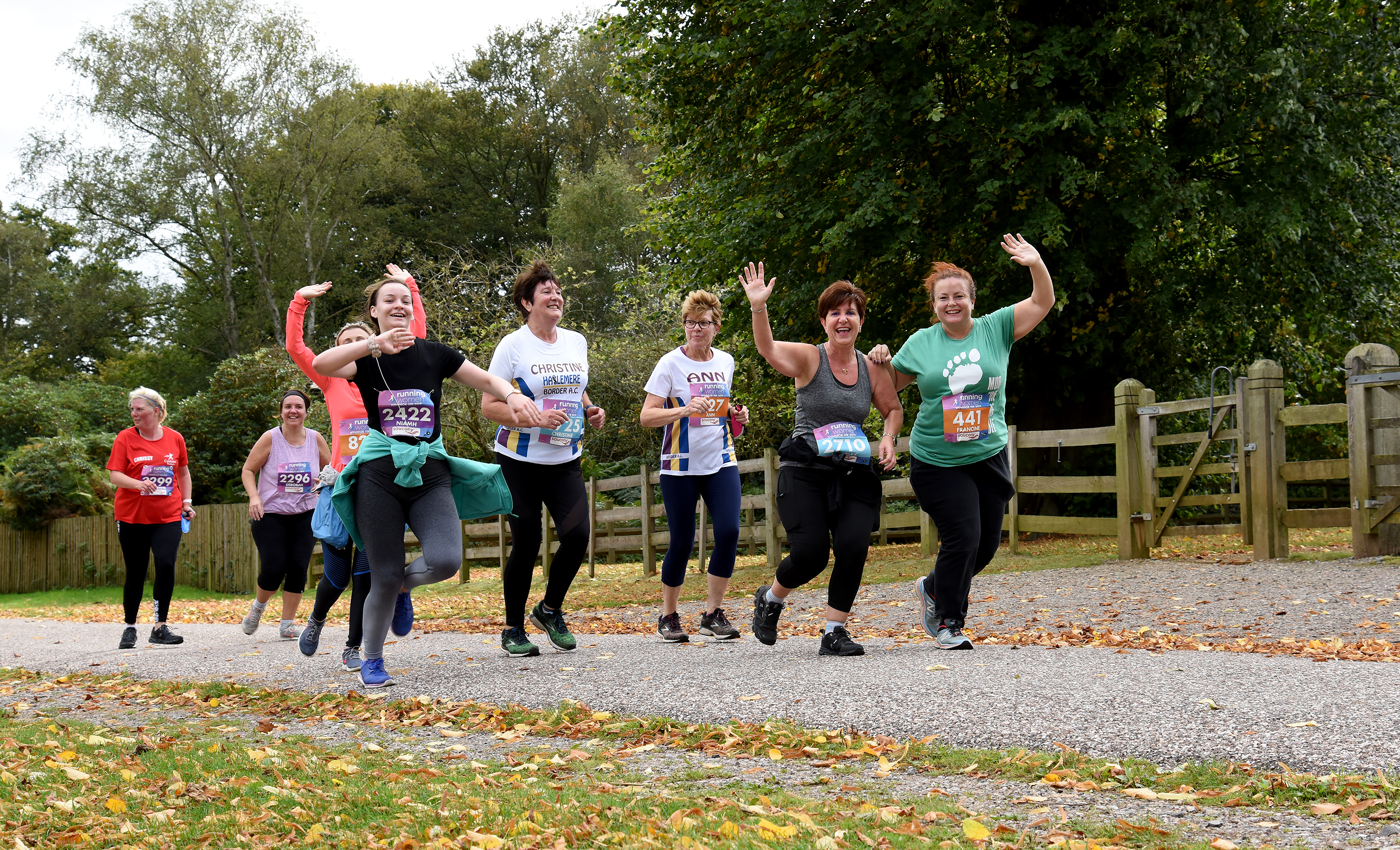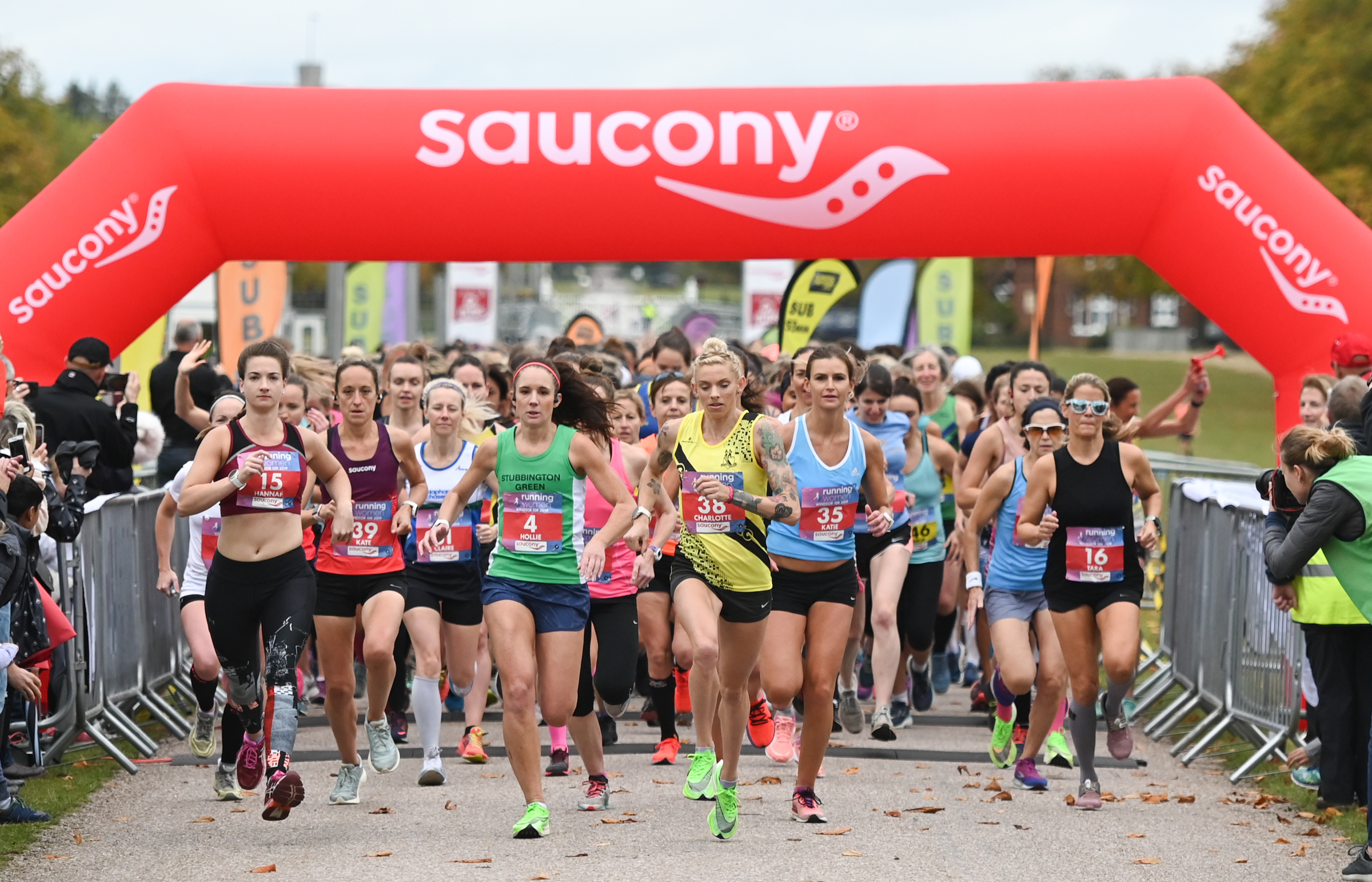R4W’s Guide To Race Week
The taper period of half marathon training might not contain much training, but it’s crucial to your race-day success. Here’s how to get it right.
We’re not going to tell you how to train in your final week. This blog post is all about the “soft” side of your taper: how to approach eating, sleeping, relaxing and managing peak week so you get to race day as calm and collected as possible.
Peak week is time to look after your body and mind. You’ve done weeks and months of tough, strict, precise training. You can’t do anything more in the way of running now… but you can do plenty by way of rest and recovery.
Rest Up… But Don’t Feel Sluggish
After a big block of half-marathon training, tapering can leave you feeling sluggish, lethargic or heavy-legged. Your peak week runs should be about staying loose and mobile. These runs are for your mind, not your fitness. Don’t worry about pace, time or GPS data. Consider adding some short intervals into a run no later than 5 days before the race, if it fits the training you’ve done. Other than that, keep things light.
Stick To Your Routine
As a runner, your body loves routine so try to stick to what you know. What time you go to bed, what time you get up, when you eat (and how frequently) and even how often you run. But make your regular runs on half-marathon peak week very gentle and relaxed. Head to your favourite routes (enjoyable routes will help you relax and feel happy) or run with friends to keep things social.
Managing Your Nerves And Staying Positive
Even the most experienced runners feel a little nervous or over-excited in the lead-up to a race. It’s perfectly normal and all part of your taper week. But try to keep things in perspective to avoid healthy nerves turning into crippling anxiety. Look back at your training journals or data. Remember all the long runs you’ve done. Think about how much training you’ve done and the amazing progress you’ve made. Review your mini-goals like 10k races or training run pace improvements. Congratulate yourself and store up all those great memories to use on race day. Try to minimise stress from other areas of your life during peak week and surround yourself with supportive people.
Plenty Of Sleep
Rest is so important in the last few days before your race. Get as much sleep as possible “in the bank”. Nap during the day if you can. Avoid staying up late on social media, organising things for race day, or just over-thinking. Get to bed and try to sleep as well as possible. This will relax you and protect your immune system too.
Don’t Overdo Anything
Peak week is not the time to embark on a DIY project, try out a new exercise class, step up your daily dog walks or do anything unusual which could place your body under strain. It’s frustrating to tweak your back, knee or ankle by doing something that’s not even running-related! So avoid the temptation to overdo anything just because you’re not running much this week.
Visualise Race Success
During peak week, review the race route. Think about the roads you’ll run down, the hills you’ll tackle, the finishing straight. Get your mind used to the idea of running the route fluidly, happily and successfully. Eliminate any fear of the unknown by familiarising yourself with the race route. Use Google earth and the race organiser’s information to arm yourself with knowledge. Make plans for wet, foggy, sunny and windy race days so you are confident of success whatever the weather.
What About The Day Before The Race?
Depending on your travel plans for the race, you could do a very short (10-20 minute) jog the day before your race. This is just to shake out any tension in your body and to stop you feeling too nervous or hyped up. Don’t do anything new: now is not the time to wear new shoes, head off-road, or add sprints. If you usually rest the day before a race, stick to your routine and do that. Take one last look at the weather report and traffic news. Pack your bag and double check you have everything you need. Don’t spend long periods of time on your feet (in fact, consider literally putting your feet up by elevating your legs on cushions or against a wall). Eat your dinner relatively early and snack on light carbohydrate snacks if necessary after dinner. And get an early night: race day is nearly here!
Similar Posts:
- R4W’s Guide To Race Week
- How To Train For A 10K Race With Limited Time
- How To Get A PB At Your Next Half Marathon
- Smart Ways To Fix Last Minute Half Marathon Problems
- Finish the Windsor 10K with this 8 week training plan
- Training Tips For Your First 10km Race




Add Comment